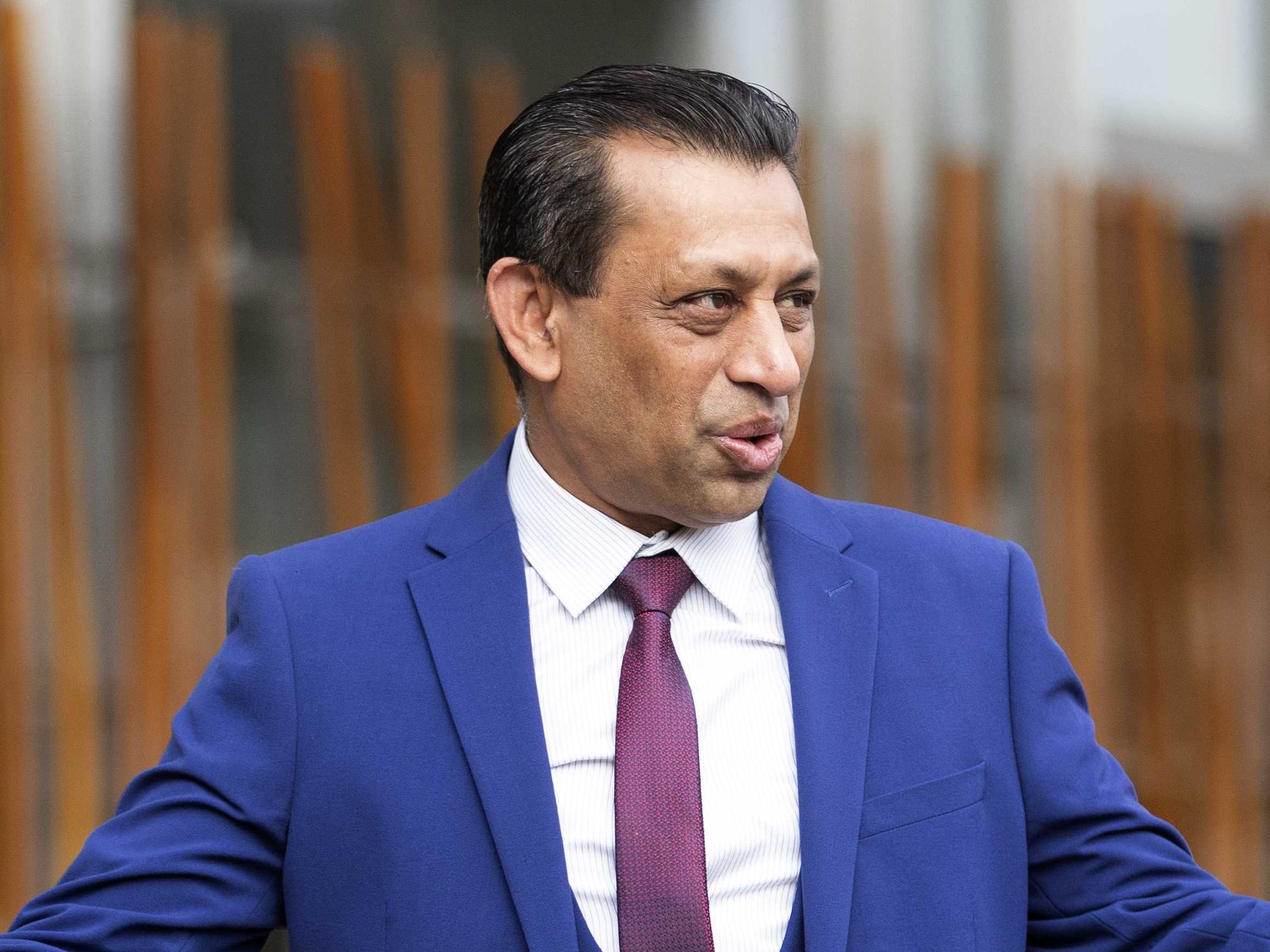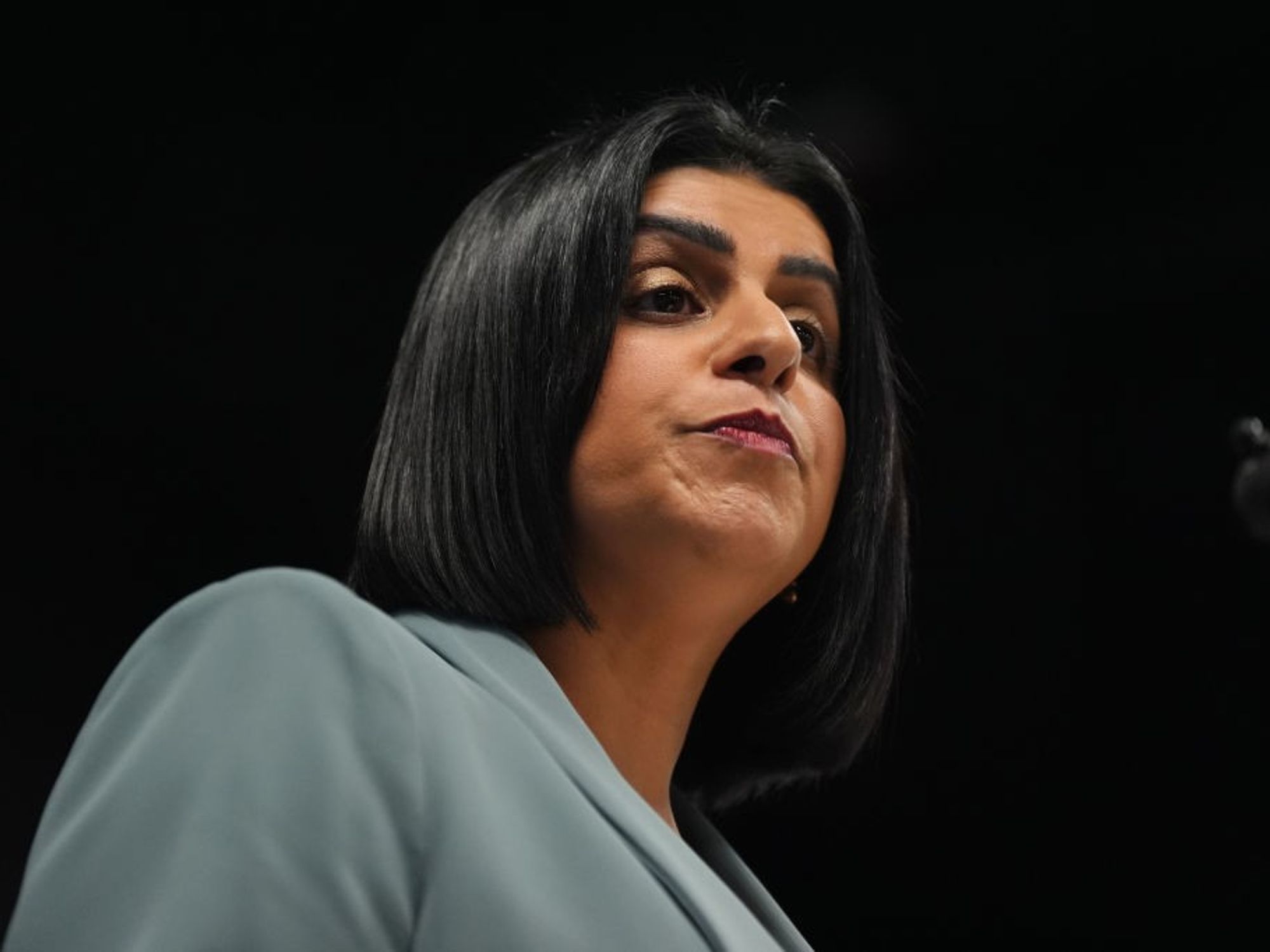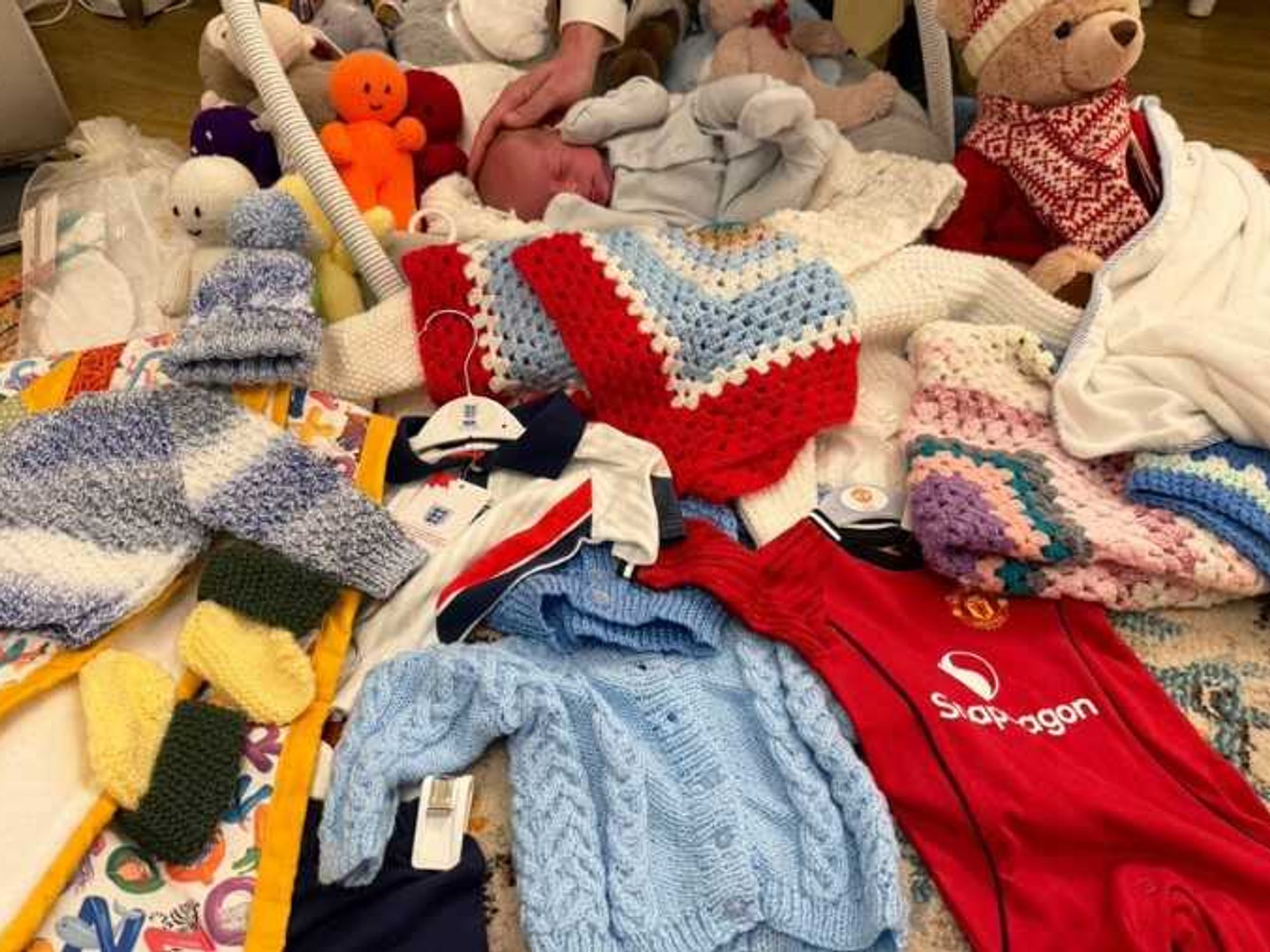394 claims of sexual misconduct made at Scottish universities since 2016, figures show

Almost 400 accusations of sexual impropriety have been made to Scottish universities in the past five years, new figures have shown.
Don't Miss
Most Read
Latest
Almost 400 accusations of sexual impropriety have been made to Scottish universities in the past five years, new figures have shown.
A series of freedom of information requests by the PA news agency have shown 394 reports were made to Scotland’s 18 higher education institutions since the 2016-17 academic year, not including the Open University.
However, the figure is likely higher, with the Royal Conservatoire and Heriot Watt University refusing to divulge the number of accusations they have received for fear of identifying those involved – saying only that there were less than five accusations in each year.
The highest number of accusations were made at Edinburgh University, where 76 reports were filed, followed by 68 at St Andrews University and 60 at Glasgow University.
The Glasgow University figures include 13 reports made by staff members against colleagues.
About 308 of the reports were made against students, while about 68 were made against members of staff. Edinburgh Napier University provided a percentage of total accusations which were made against students (84%) and staff (16%), meaning the figure cannot be extrapolated with complete certainty.
Confirmed investigations were launched into at least 257 of the accusations, resulting in at least 130 sanctions being handed down.
The number of investigations and punishments are also incomplete, due to the responses from universities.
For example, the Royal Conservatoire said it could not specify the number of investigations undertaken or sanctions handed down for fear of identifying those involved.
Punishments included included 22 exclusions, five suspensions, two dismissals of staff and 46 warnings or cautions.
Sandy Brindley, chief executive of Rape Crisis Scotland, said: “All students should be able to study free from the fear and reality of sexual violence and yet these figures show that this is not the case for too many.”
She added that students who suffer sexual violence often have to continue their studies alongside their attacker.
“At best, this can leave survivors feeling unsafe and unsupported but, too often, it also leads to them feeling unable to continue with their studies and dropping out.
“This is, frankly, unjust and not something that we should simply accept.”
Ms Brindley went on to call for universities to make supporting the victims of sexual violence “a priority”.
She said: “Universities must show leadership in addressing sexual violence within their campuses, and in ensuring fair and transparent processes are in place for investigating any complaint of sexual violence or misconduct.
“The wellbeing and safety of students experiencing sexual violence must be a priority.”
A spokesman for Universities Scotland asked victims to come forward to give institutions “an accurate picture” of the problem.
“Universities want to be safe and respectful communities for both their students and staff,” he said.
“Sadly, that’s not everyone’s experience and that requires universities to respond effectively.
“We want to encourage students to report all forms of sexual misconduct so we have an accurate picture of the scale and can take appropriate action.
“Every university has policies and procedures that set standards and expectations of staff and students in their behaviour as well as conduct.”
A spokesman for the Scottish Government said: “University and college campuses should be places where students can live, study and research free from sexual harassment and gender based violence.
“This includes fostering a culture that is clear in its condemnation of gender-based violence and gives staff and students the confidence to report unacceptable behaviour.
“We have set out clear expectations that institutions are expected to adopt and adapt the Equally Safe in Higher Education Toolkit.
“In doing so we expect institutions to adopt a gendered analysis to this issue, assess their own policies and practices against the toolkit and put in place policies, reporting processes and support arrangements to keep students safe and engaged with their studies while meeting the needs and diversity of survivors.
“We encourage anyone who has been the victim of any such crime, or has information relating to any allegations, to contact the police immediately as these are criminal matters.”











